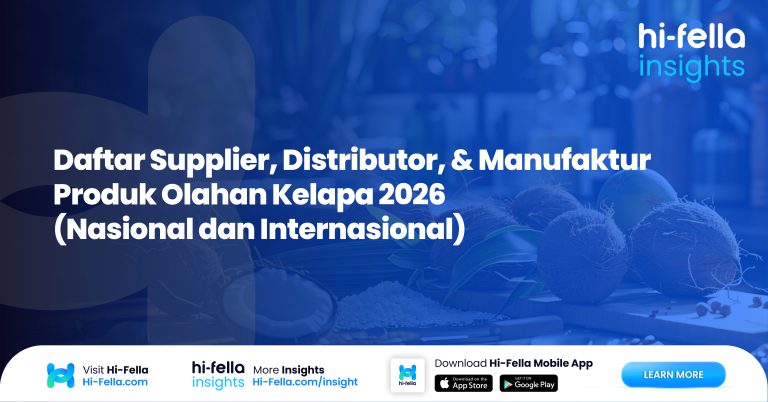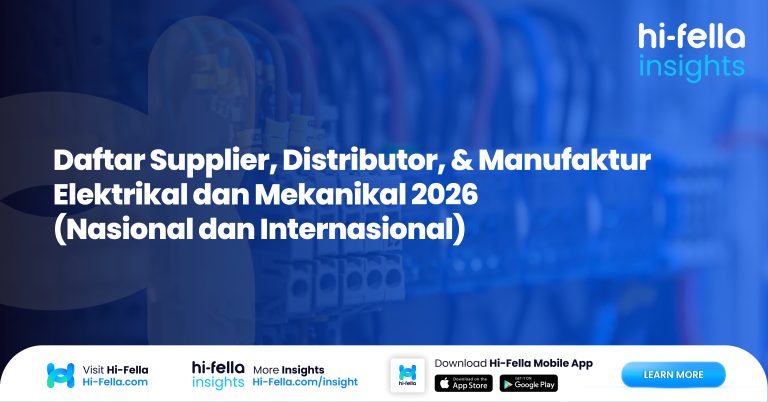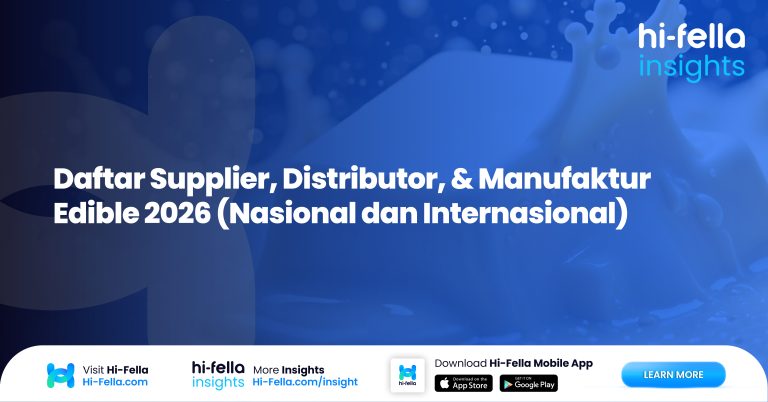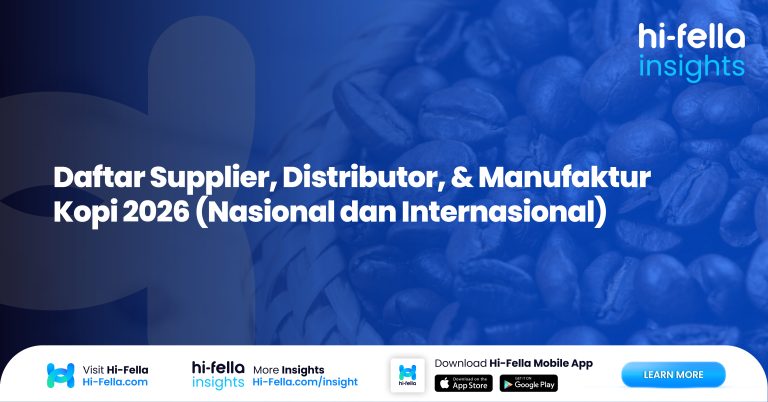As August comes to a close, Indonesia’s economy has continued to navigate both domestic and global challenges, from inflation pressures to foreign investment inflows. In this economic august review, we analyze Indonesia’s current economic landscape, drawing insights on key issues such as inflation, foreign direct investment (FDI), artificial intelligence (AI) funding, and the important governance lessons from the Financial Transaction Reports and Analysis Center (PPATK) regarding dormant accounts. Together, these factors shape the country’s economic trajectory and highlight the opportunities and risks businesses must consider.
Table of Contents
Inflation Pressures and Regional Comparisons
Inflation remains one of the most pressing economic issues for Indonesia, with August figures showing persistent inflationary pressure driven by food prices, energy, and consumer demand.
Inflation Dynamics in Indonesia
In August 2026, Indonesia experienced inflationary pressures primarily driven by food prices. A surge in the cost of basic food items, including rice, vegetables, and meat, was the main contributor to the inflation rate. Additionally, energy prices—particularly the cost of subsidized fuel and electricity—continued to exert upward pressure on consumer prices.
The country’s consumer demand is also playing a significant role. As Indonesia continues to recover from the impacts of the pandemic, consumption has picked up, especially in urban areas, where higher disposable income is leading to increased demand for goods and services.
Regional Comparisons: ASEAN Peers’ Inflation Trajectories
When comparing Indonesia’s inflation trajectory with other ASEAN countries like Malaysia, Thailand, and Vietnam, it becomes evident that inflation is a shared challenge.
- Malaysia has seen inflationary pressures primarily related to fuel prices and transportation costs, though the government has implemented measures to alleviate food price inflation.
- Thailand has struggled with inflation rates that have remained higher than regional averages, driven by high consumer goods costs, particularly food.
- Vietnam has faced significant food price inflation due to supply chain disruptions, though it has managed to maintain relatively low inflation in comparison to its ASEAN counterparts.
Impact of Global Oil and Food Price Volatility
A key global factor affecting inflation in Indonesia and ASEAN peers is the volatility in global oil and food prices. The ongoing fluctuations in oil prices due to geopolitical instability and production changes in major oil-producing countries have reverberated across the region. Furthermore, global supply chain disruptions and climate-related shocks have impacted food prices, complicating the inflationary picture for Indonesia.
Bank Indonesia’s Monetary Stance Going Forward
Bank Indonesia, the country’s central bank, has a critical role in managing inflation while fostering economic stability. The inflationary pressures of August suggest that Bank Indonesia may have to adopt a more cautious monetary stance going forward. Despite the ongoing challenges, the central bank is likely to continue its policy of gradually raising interest rates to contain inflation without stifling economic growth. This approach will help maintain a balance between inflation control and economic stimulus.
Foreign Investment Flows and Global Market Sentiment
Foreign direct investment (FDI) plays a crucial role in Indonesia’s growth story. In August, the country witnessed robust FDI inflows, with certain sectors standing out as key areas of attraction.
FDI Inflows in Indonesia: Sectors Leading the Charge
One of the most notable sectors receiving FDI in Indonesia is the electric vehicle (EV) battery industry. As global demand for clean energy solutions continues to rise, Indonesia is positioning itself as a regional hub for EV battery production. This is part of a broader strategy to develop sustainable industries that align with global climate goals.
The manufacturing sector also saw substantial investment in August, particularly in high-tech industries and electronics, as multinational companies look to capitalize on Indonesia’s skilled workforce and growing domestic market.
The digital economy continues to attract significant capital as well. With the rise of fintech, e-commerce, and digital services, Indonesia is becoming an increasingly attractive destination for tech investors, particularly those seeking to tap into Southeast Asia’s rapidly digitizing population.
Global Market Sentiment: Impact of China’s Slowdown and US Fed Policies
While Indonesia’s FDI inflows remain strong, global investment patterns are being shaped by broader economic conditions. The slowdown in China’s economy has affected global trade flows and investment sentiment, pushing investors to look for more stable and resilient markets like Indonesia. Similarly, the US Federal Reserve’s monetary policies, especially its interest rate hikes, have influenced capital movement towards emerging markets. These global factors play a pivotal role in shaping FDI inflows into Indonesia and other ASEAN countries.
Indonesia as a Safe Haven in Southeast Asia?
Given the global economic uncertainty, Indonesia is emerging as a potential “safe haven” for foreign investors. With its growing middle class, diversified economy, and strong domestic consumption, Indonesia is seen as a resilient market. This perception is particularly valuable as global markets remain volatile due to geopolitical tensions, inflation, and economic slowdowns.
AI Funding and the Race for Digital Transformation
The digital economy continues to evolve rapidly, with artificial intelligence (AI) at the forefront of Indonesia’s technological transformation. August 2026 saw significant strides in AI-related funding and policy developments within the country.
AI-Related Developments and Funding in Indonesia
In August, the Indonesian government unveiled several new initiatives aimed at fostering AI innovation. A key policy development includes increased funding for AI startups and research, particularly in sectors like health, agriculture, and finance. The government is working to establish a more conducive environment for AI adoption, focusing on both infrastructure and regulatory frameworks.
Comparisons with Singapore and India’s AI Ecosystems
Indonesia’s AI ecosystem is beginning to catch up with leaders like Singapore and India. While Singapore has long been at the forefront of AI development with a clear national AI strategy, Indonesia’s focus is on building the infrastructure and talent pool necessary for AI innovation. India, with its rapidly growing digital economy, is also making significant strides in AI research and development, and its AI funding is increasing.
Indonesia’s challenge lies in ensuring that it has the right infrastructure, talent, and regulatory frameworks to fully harness the potential of AI. The government’s investments in digital infrastructure and reskilling programs for AI are crucial to staying competitive in this race.
PPATK’s Dormant Account Policy—Governance and Financial Transparency Lessons
The Financial Transaction Reports and Analysis Center (PPATK) has taken significant steps to address dormant accounts and their role in combating money laundering. In August, PPATK introduced policies aimed at cleaning up dormant accounts and ensuring greater financial transparency.
The Push on Dormant Accounts
Dormant accounts, often tied to illicit activities such as money laundering, are a major concern for regulators. PPATK’s policy to close dormant accounts and track unusual financial transactions sends a clear message about Indonesia’s commitment to fighting financial crimes. This move is part of a broader push for anti-money laundering (AML) reforms in the country, which are aligned with global best practices.
Global Governance Practices: EU and US
Globally, similar efforts are underway to tighten financial compliance. In the EU, anti-money laundering directives have been evolving to include stricter reporting requirements, while the US has also implemented stricter compliance measures in response to increasing financial crimes. These global trends underscore the importance of financial transparency in maintaining trust and confidence in the global financial system.
Broader Lessons: Transparency and Regulation
PPATK’s dormant account policy highlights the broader lesson of the importance of transparency and regulation in maintaining global investor confidence. As businesses operate across borders, financial institutions must ensure that they meet international standards for anti-money laundering and financial compliance.
Building Global Business Synergy with Hi-Fella
In a rapidly shifting economic environment, businesses need more than just data—they need strong, interconnected networks that can help them navigate opportunities across borders. Hi-Fella, a global business networking platform, is designed to bridge gaps between Indonesian businesses and the global marketplace.
Hi-Fella’s Role in Global Synergy
Hi-Fella provides a trusted platform for professionals, suppliers, and buyers to connect and collaborate beyond borders. Whether you’re looking to expand into new markets or strengthen your supply chain, Hi-Fella’s ecosystem facilitates cross-border partnerships and collaboration. It enables businesses to access valuable insights, resources, and opportunities that align with the future of sustainable growth.
Encouragement to Join Hi-Fella
For businesses looking to stay competitive in the global economy, joining Hi-Fella offers a unique opportunity to tap into a world of partnerships, industry insights, and collaborative growth. Through Hi-Fella, companies can access opportunities in key sectors like AI, manufacturing, digital economy, and more.
Join Hi-Fella Today!
As Indonesia continues to grow and expand its economic footprint, businesses need a platform to connect with the right partners and stay ahead of global trends. Hi-Fella provides a robust network to bridge Indonesia’s growing opportunities with global business ecosystems. Join Hi-Fella today and position your business for success in the interconnected world of tomorrow.








